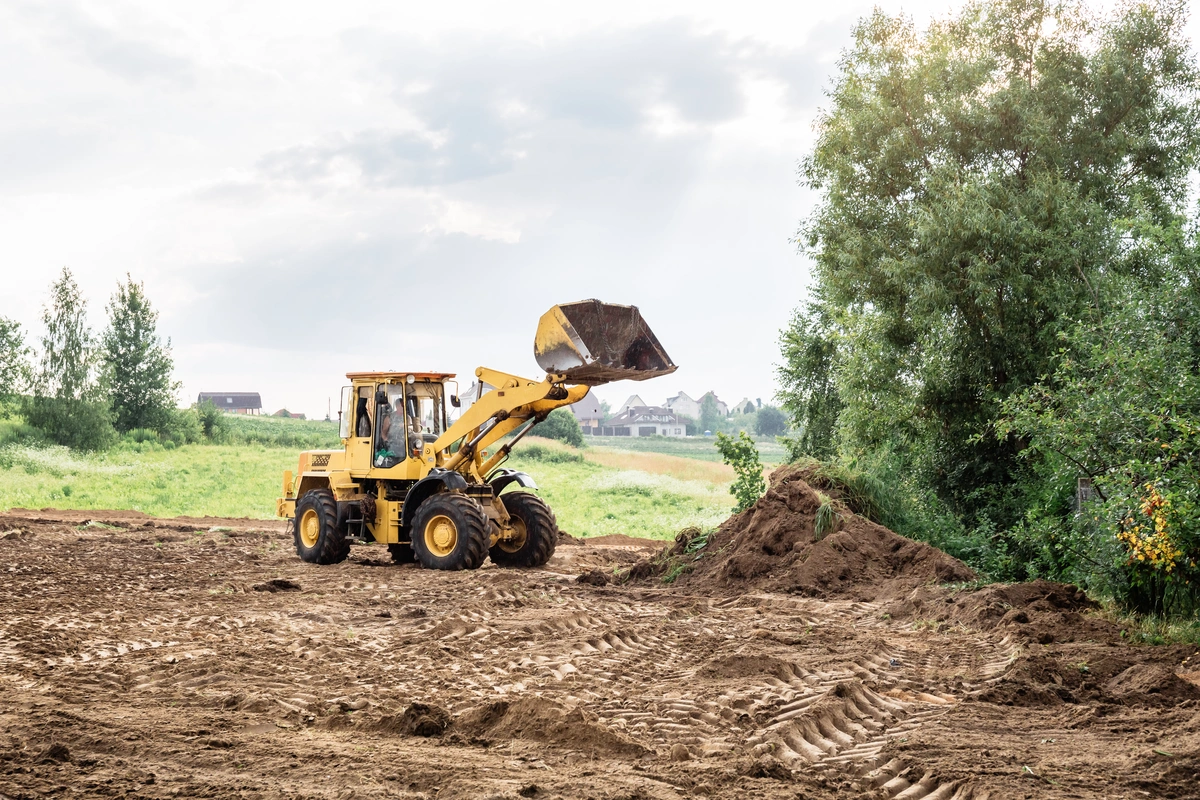
Clearing land is often the first step before starting construction, farming, or landscaping projects. While the process may seem straightforward, the expenses involved can vary widely depending on the size of the property, the amount of vegetation, and the methods used. Understanding the land clearing cost is essential because it helps property owners plan better, avoid surprises, and make informed decisions.
Factors That Influence the Cost to Clear Land
No two land clearing projects are the same, which is why costs can differ significantly. Some of the most common factors that affect pricing include:
- Size of the Property – Larger areas naturally require more time, labor, and equipment, which increases costs.
- Type of Vegetation – Clearing dense forests or land with large stumps will be more expensive than clearing brush or smaller trees.
- Terrain and Accessibility – Sloped, rocky, or hard-to-reach areas require specialized equipment and add to the overall expense.
- Chosen Method – Forestry mulching, tub grinding, or traditional excavation each come with different price ranges.
By knowing these factors in advance, property owners can set realistic budgets and choose the right approach for their land.
The Importance of Budgeting for Land Clearing
Budgeting isn't just about preparing for the immediate cost—it's also about anticipating additional expenses that come with land development. For instance, if the land requires grading, erosion control, or hauling away debris, these can add to the final bill.
When you have a clear understanding of what goes into land clearing, you can work with professionals to create a detailed estimate. This ensures you don't run into unexpected costs halfway through your project, saving both time and stress.
Benefits of Hiring Professionals
While some property owners may consider tackling small land clearing jobs themselves, hiring experienced professionals is usually the smarter choice. Experts bring the right equipment, skills, and safety practices to get the job done efficiently. They also know how to dispose of or recycle debris properly, which can save you additional costs.
Professional land clearing also helps protect the long-term health of your property. For example, techniques like mulching enrich the soil and reduce erosion, creating a solid foundation for future projects.
Planning Ahead for Success
Understanding the cost to clear land gives you more than just financial clarity—it allows you to plan your project timeline effectively. You'll know when to schedule equipment, hire contractors, and prepare for the next steps, such as construction or landscaping. This proactive approach prevents delays and helps ensure your investment pays off.
Why Local Expertise Matters
Every region has unique conditions that affect land clearing. For example, working with a trusted company like Georgia Land Clearing ensures you get local expertise tailored to your area. These professionals understand the terrain, vegetation, and permitting requirements, making them the ideal choice for a smooth and cost-effective process.
Final Thoughts
Clearing land is a significant investment, and the more you understand about the process, the better prepared you'll be. By learning about the factors that affect pricing, working with professionals, and planning ahead, you can manage your project with confidence. Knowing the true land clearing cost not only helps you budget wisely but also ensures your property is ready for safe and successful development.





